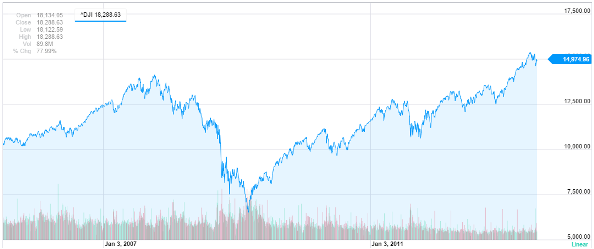It’s that time of the year again – even businesses make New Year’s Resolutions which they rarely keep. Depending on the size of your organisation, these might be the individual business owner taking pause or even the annual January strategy retreat designed to create a focus for the year ahead (I run a few of these for companies each year, with one key difference – my strategy sessions create outcomes that actually work).
Speaking to many business owners, I see one common mistake with these reviews: Too much meaningless comparison to other businesses. This has the effect of making you feel unjustifiably awesome or, worse still, unfairly inadequate in a way that deflates you and your team’s plans.
‘Relative to Self’ – Secret to a Valuable Business Review
A key aspect of any strategic planning is understanding the Capability of your team. It’s great to decide you need a Sales focus for early 2015 – but does anyone in your team know how to design and document a Sales strategy? And have they the width of business capability to select Sales over competing strategies – maybe you need to be focusing on Client Service, Distribution Channels, or Product Development instead?
So how is your business capability overall? How well do key players understand and implement key business concepts? Are key strategies – from culture to client service to capacity – driven by one person, or owned by the whole team?
Businesses reflecting on these questions often ask “Who are we comparing ourselves to?” The answer is “Nobody – this exercise will only work if it is relative to self.”
If you were sitting with Usain Bolt, and you asked him to compare himself with every other sprinter around the world, how would he rate his race? He would more than likely score close to 100% on a capability scorecard. Every skill would be mastered at depth.
And how useful would that exercise be to helping him improve his race? The answer is, Not very.
He needs to complete these exercises relative to himself. In other words, compared to the level of achievement he wants to create and the legacy that he wants to leave. If he assessed himself against himself, he would be able to identify some areas that need personal work.
The benchmark is should always be you. Comparing yourself – favourably or not – with major competitors or the business next door will not help improve the capability of your organisation. Consider the areas that could be improved. Comparing yourself to your competitors will only enable you to chase their tails. Instead, look internally and only then will you reap the rewards.
This is part of a whitepaper ‘Introduction to Capability’. If you’re planning on running a January strategic retreat, by yourself or with your team, feel free to email me for a copy.
If you leave me, can I come too…? Click here to subscribe to my infrequent updates
If you’re Dustin Curtis, you should follow me on Twitter here.
And please tell your friends: Sharing is Caring





[…] Then, and lastly, you need to implement this framework ‘Relative to Self‘. […]
[…] Relevant to Self […]